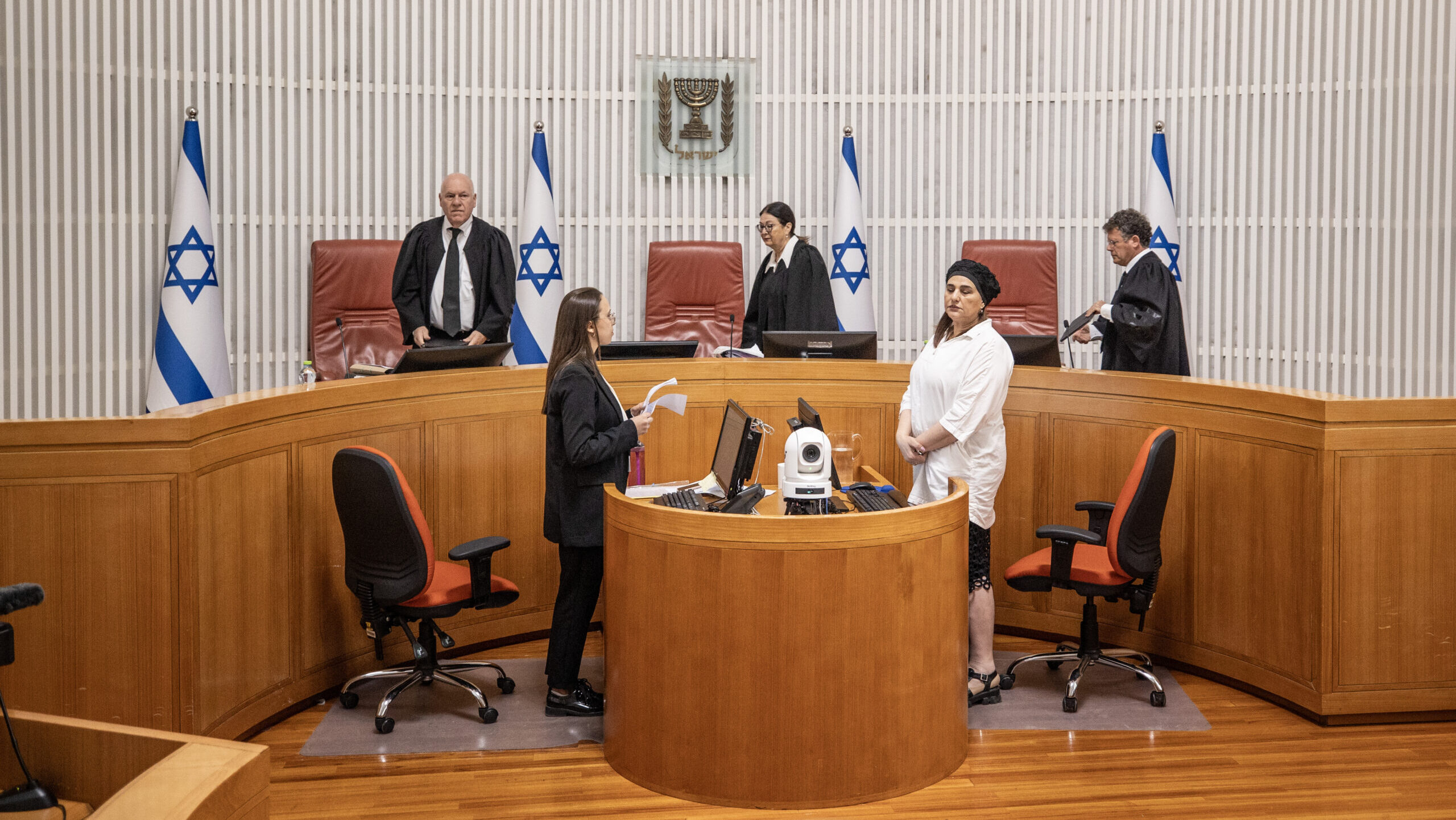Israel’s Supreme Court Gets New Leader After 16-Month Stalemate
After 16 months without a permanent Supreme Court president, Justice Isaac Amit was elected head of Israel’s top court on Sunday night in a contentious Judicial Selection Committee vote forced by the High Court of Justice. The election followed a prolonged standoff with Justice Minister Yariv Levin, who had refused to convene a vote and denounced the process as “illegitimate to its core.”
The vote came after a five-hour hearing where allegations of misconduct against Amit were reviewed. Levin and his coalition allies boycotted the session, protesting the High Court’s intervention, which ordered Levin to hold the vote. In a statement following the decision, Levin declared he would not recognize Amit as Supreme Court president or cooperate with him on judicial appointments, calling the situation a “moral disgrace.”
Give the gift of hope
We practice what we preach:
accurate, fearless journalism. But we can't do it alone.
- On the ground in Gaza, Syria, Israel, Egypt, Pakistan, and more
- Our program trained more than 100 journalists
- Calling out fake news and reporting real facts
- On the ground in Gaza, Syria, Israel, Egypt, Pakistan, and more
- Our program trained more than 100 journalists
- Calling out fake news and reporting real facts
Join us.
Support The Media Line. Save democracy.


Amit’s appointment ends a political and legal impasse that saw the High Court intervene multiple times to compel Levin to act. Levin had delayed the appointment, seeking to install a conservative justice rather than the liberal-leaning Amit, but lacked the necessary votes on the committee.
The process drew unprecedented criticism, with legal experts warning of a constitutional crisis. Despite allegations of conflicts of interest, Amit dismissed the claims as part of an “organized smear campaign.” The Judicial Selection Committee ultimately rejected the allegations, clearing the way for Amit’s election.
Opposition Leader Yair Lapid and President Isaac Herzog praised the decision, calling it a victory for democracy and the rule of law. However, Levin’s refusal to cooperate casts doubt on the judiciary’s ability to make key appointments under the new leadership. The judicial standoff reflects broader tensions as Levin pushes for an overhaul of Israel’s judicial system, increasing government control over judicial appointments.

